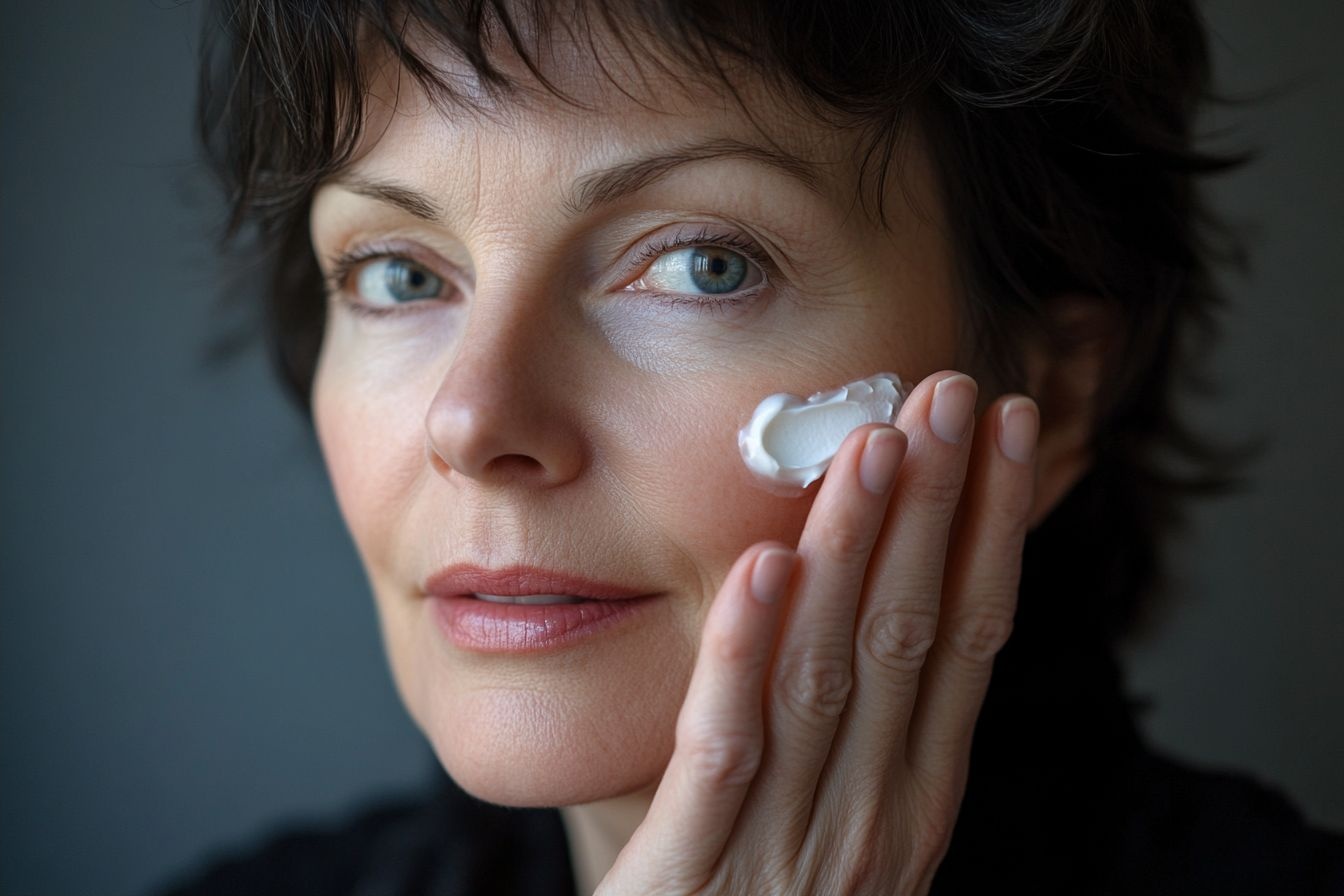Natural Ways to Relieve Migraines at Home: What Science Says
Migraines affect millions of Americans every year, often disrupting work, sleep, and daily life. While medication can help manage symptoms, many people are now exploring natural remedies that offer safe, effective relief at home. Studies suggest that lifestyle changes—such as staying hydrated, improving sleep routines, reducing stress, and using cold compresses—can significantly reduce migraine frequency and intensity. Nutrients like magnesium and riboflavin (vitamin B2) have also been linked to fewer attacks in some cases. Understanding which remedies are backed by science can help you build a personalized plan to manage migraines naturally and improve your overall well-being.

Home Remedies for Migraines That Work
Several natural approaches have demonstrated effectiveness in clinical studies for migraine relief. Hydration plays a crucial role, as dehydration is a common migraine trigger. Drinking adequate water throughout the day and consuming electrolyte-rich fluids during episodes can provide relief. Cold therapy, such as applying ice packs to the forehead or neck for 15-20 minutes, helps constrict blood vessels and reduce inflammation. Essential oils, particularly peppermint and lavender, have shown promise when applied topically or used in aromatherapy.
Magnesium supplementation has gained significant attention in migraine research. Studies indicate that magnesium deficiency may contribute to migraine susceptibility, and supplementation can reduce both frequency and severity of attacks. Dark, quiet environments also provide natural relief by minimizing sensory triggers that often worsen migraine symptoms.
Natural Migraine Relief Products
The market offers various natural products specifically formulated for migraine management. Feverfew, a traditional herb, contains compounds that may help prevent migraines when taken regularly. Butterbur extract has shown effectiveness in clinical trials, though quality and standardization vary among products. Ginger supplements or fresh ginger tea can help reduce nausea associated with migraines while potentially addressing pain through anti-inflammatory properties.
Coenzyme Q10 supplements have demonstrated migraine-preventive effects in some studies. Riboflavin (vitamin B2) supplementation has also shown promise for reducing migraine frequency when taken consistently over several months. These products work best as part of a comprehensive approach rather than standalone treatments.
Herbal Remedies for Migraines Fast Relief
Traditional herbal medicine offers several options for quick migraine relief. Willow bark, containing natural salicylates, provides pain-relieving properties similar to aspirin but with potentially fewer side effects. Chamomile tea or supplements can promote relaxation and reduce inflammation that contributes to migraine pain.
Turmeric, with its active compound curcumin, offers anti-inflammatory benefits that may help address migraine-related inflammation. Green tea contains compounds that may help prevent migraines while providing gentle caffeine that can enhance pain relief when used appropriately. Passionflower and valerian root can help address stress-related triggers that often precipitate migraine episodes.
Natural Migraine Cure Backed by Science
While no single natural remedy constitutes a complete cure, scientific research supports several evidence-based approaches. Regular exercise, particularly aerobic activities, has shown significant preventive effects in multiple studies. Yoga and tai chi combine physical movement with stress reduction, addressing multiple migraine triggers simultaneously.
Dietary modifications based on identifying and avoiding personal food triggers can dramatically reduce migraine frequency. Common triggers include aged cheeses, processed meats, artificial sweeteners, and alcohol. Maintaining consistent sleep schedules and practicing good sleep hygiene also provides scientifically-supported migraine prevention.
Meditation and mindfulness practices have demonstrated effectiveness in reducing both migraine frequency and intensity. These approaches work by modulating stress responses and potentially altering pain perception pathways in the brain.
At Home Migraine Treatment Options
Creating an effective home treatment plan involves combining multiple approaches tailored to individual needs and triggers. Establishing a quiet, dark room designated for migraine episodes provides immediate environmental relief. Temperature therapy, alternating between cold and warm compresses, can help some individuals find relief.
Breathing exercises and progressive muscle relaxation techniques offer drug-free options for managing pain and associated anxiety. Maintaining a migraine diary helps identify patterns and triggers, enabling more targeted prevention strategies. Regular meal timing and avoiding prolonged fasting can prevent blood sugar fluctuations that trigger migraines in some people.
| Product/Service | Provider | Cost Estimation |
|---|---|---|
| Magnesium Supplements | Nature Made, NOW Foods | $8-25 per month |
| Feverfew Extract | Gaia Herbs, Nature’s Way | $12-30 per month |
| Essential Oil Blends | doTERRA, Young Living | $20-50 per bottle |
| CoQ10 Supplements | Qunol, Life Extension | $15-40 per month |
| Herbal Tea Blends | Traditional Medicinals, Celestial Seasonings | $5-15 per month |
Prices, rates, or cost estimates mentioned in this article are based on the latest available information but may change over time. Independent research is advised before making financial decisions.
Natural migraine management requires patience and consistency, as many remedies work best with regular use rather than providing immediate relief. Combining multiple evidence-based approaches often yields better results than relying on single remedies. While these natural methods can be highly effective, individuals experiencing frequent or severe migraines should work with healthcare providers to develop comprehensive treatment plans that may include both natural and conventional approaches.
This article is for informational purposes only and should not be considered medical advice. Please consult a qualified healthcare professional for personalized guidance and treatment.




